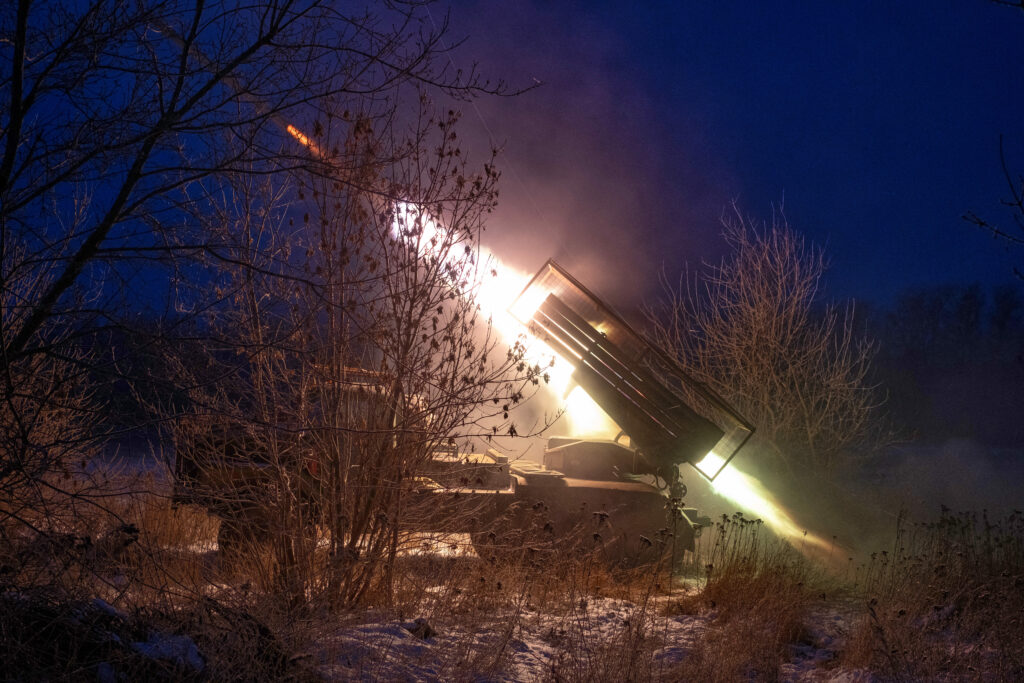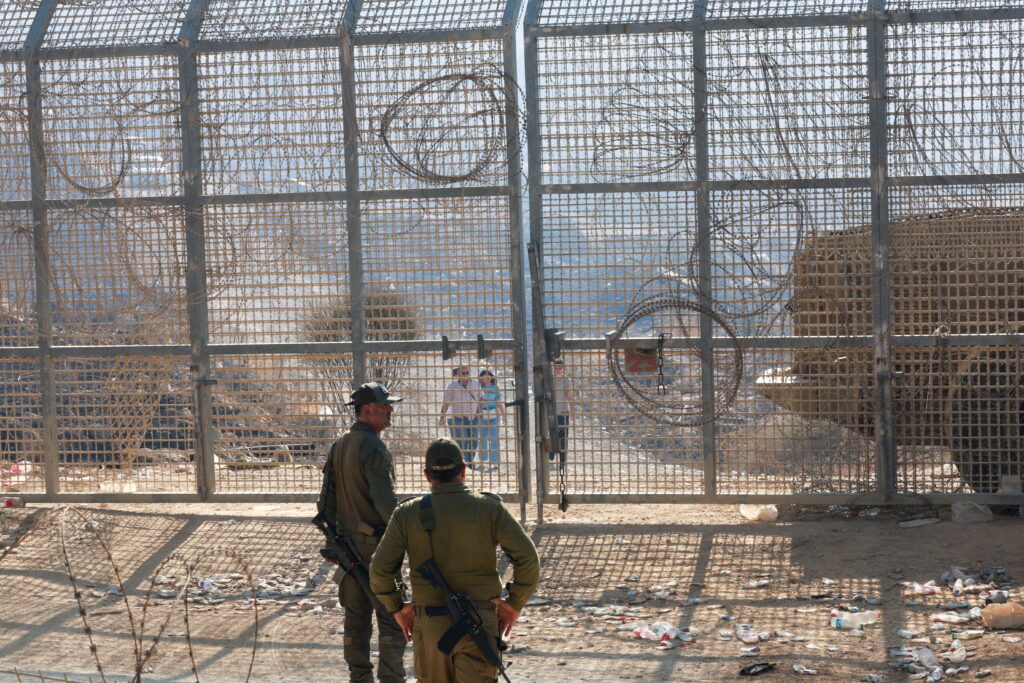The social survey theoretician and political scientist John R. Zaller problematised the nature of public opinion and our ability to grasp it 30 years ago. As a result, he identified four key areas that influence poll results:
1) respondents have varying levels of political awareness and are immersed in individual topics to varying degrees;
2) respondents can critically evaluate only those issues they are familiar with;
3) respondents may simply have no opinion on a given topic, and therefore their opinions (so-called opinion statements) can be extremely volatile;
4) respondents who do not have a strong opinion on an issue reach for the most easily accessible opinion statement. As a rule, this is an opinion from the dominant media discourse, less often an opinion shared by other groups that are important to the respondents. Thus, public opinion is heavily influenced by exposure to elite discourse on political matters. .
It is noteworthy that Zaller was critical of regular opinion polls conducted in developed democracies. This means, most notably, that in this case one is not dealing with problems associated with fear and preference falsification which distort the results. Second, it is assumed that there is freedom of speech and that respondents have access to information as well as a variety of interpretations of what is happening. Obviously, these conditions are not met in authoritarian regimes. Respondents may be wary of expressing their views on certain topics, may not consider themselves competent on a given issue, or may not have a strong opinion at all. Since access to facts and alternative interpretations of events is limited in authoritarian countries, respondents are more likely to uncritically recite the dominant opinion.
At the end of March, the Levada Centre reported that 81% of Russians supported the war. Ukrainian and Western media cited these estimates with undisguised horror. Many, from the rapper Oxxxymiron to the researchers Alexey Titkov and Konstantin Sonin, questioned the reliability of the results. A recent study by Philipp Chapkovsky and Max Schaub revealed that around 15% of respondents tend to give socially desirable answers when asked about their support for military action. When asked directly, 68% of respondents expressed support for the actions of the Russian armed forces in Ukraine. However, when the question was formulated in a veiled form (the list experiment method), 53% expressed support. It was predominantly women who were afraid to tell the truth when answering the questionnaire.
Fifty-three per cent is still very high, but it is far from being an overwhelming majority. Of those 53%, some actually understand what is happening and support the invasion of Ukraine by Russian troops, while others simply recite the dominant media opinion. This shadowing of the dominant position is not necessarily a result of fear or a deliberate attempt to hide one’s true opinion on the issue. Since the dominant position in the media is that of support for the ‘special military operation’ in Ukraine, respondents reproduce it without thinking twice. Often these respondents are utterly apolitical and may not follow, or may even avoid, news about the war. Denis Volkov sometimes refers to this group as the societal ‘swamp’. If we were to believe Zaller, it is this group, without a strong opinion, that serves to reinforce the elite consensus and thus creates the illusion of a majority of supporters in addition to those who do not give sincere answers.
The sociologist Grigory Yudin refers to the framing effect of such polls; by asking a question about support, the respondent enters into a dialogue with the state and responds as expected. Since the results of the polls are available in the media and are regularly cited by both pro-government agencies and opposition sources, it also has a kind of cumulative effect. Consumers of the information are regularly exposed to the notion of majority support, and this has a significant demobilising effect on citizens who are against the war and those who do not want to get involved in politics. For jingoists, however, information about mass support serves as additional confirmation of the righteous cause and stimulates more confident and even aggressive behaviour.
Thus, the dissemination of polls indicating that there is a militaristic majority sends the message to Russian citizens that the decision has already been made for them no matter what they really think. A kind of a self-fulfilling prophecy is produced. The ‘opinion of the people’ hardly matters. It is rather the people who is affected by the elite discourse.
Polls conducted under a dictatorship should not be blindly trusted
Apparently, polling in wartime is not a wise idea, and it should either be banned or the findings should not be made public. But these results have already been published and have caused a stir. A legitimate question arises: how can they be interpreted to make any sense?
First, as the sociologist Titkov wrote, words matter more than figures. The wording makes a huge difference. Since 3 March, it has been forbidden by law in Russia to call the war a ‘war’, and the more innocent euphemism ‘special military operation’ is used instead. To get around this, sociologists are forced to ask about ‘military action’ (Levada) or ‘the actions of the Russian armed forces in Ukraine’ (Chapkovsky and Schaub). The wording itself can set the tone for the expected response.
Second, the way the data is collected affects the results. For example, telephone interviews generate an overrepresentation of positive responses in support of the war. Interviews on the street are probably seen as safer from the point of view of anonymity. In addition, the proportion of terminated interviews is half that of discontinued telephone interviews (15% vs 30%). By the way, the Levada Centre does not specify the percentage of refusals or the questions that generate the highest number of discontinued interviews.
Third, the opinion of respondents can change quite rapidly and radically under the influence of external circumstances (elite reshuffle, revolution, coup or war). As a rule, this happens at the expense of those who follow the majority, do not have a strong opinion and adhere to the dominant view. When the wind changes direction, such respondents flip-flop immediately. They do so not because they are immoral but because most citizens in any society are not interested in politics.
Fourth, one should not forget about the observer-expectancy effect, or, in the Russian context, the so-called major’s bias. In a country with low levels of interpersonal trust and omnipresent censorship, taking part in a survey is not the same as having a relaxed conversation with a friend in a café.
The Ukrainian side’s desire to portray Russia as a ‘country of orcs’ is perfectly understandable and even justified. Any war is based on dehumanising the enemy and depriving them of any human traits. It is almost impossible today, in the wake of the war crimes committed in Ukraine, to imagine that the people living in Russia are just like the people living anywhere else. However, if we believe in the notion of the inherent equality of all people, then, whether we like it or not, there are still ordinary people living in Russia.
The use of polling data to prove complicity only contributes to the fatigue of dissenters and destroys the remnants of democratic resistance. Finally, it serves as a powerful weapon in the hands of those who consider certain countries or even nations to be incapable of democratic transformation by definition. However, history has seen examples of the political liberalisation of societies that were apparently doomed to authoritarianism. For example, Catholicism was thought to be a poor match for democracy (Italy). Few people in the 1940s expected the development of a stable democracy in Japan, whose governing regime used to be openly chauvinistic, repressive and militaristic.
The political regime of the personalist dictatorship in Russia spares no effort to make its citizens accomplices in the crimes in Ukraine and to make them suffer the consequences. However, the burden of rebuilding the country after the war and repairing the damage caused will inevitably fall on Russian citizens regardless of their political views. As the political scientist Grigorii Golosov wittily put it, ‘we will be held accountable for the baZtard’.
Circulating Russian polls hurts anti-war forces in Russia
Most authoritarian countries do not conduct mass polls, or the pollsters that conduct surveys in those countries are so closely linked to the authorities that no one takes them seriously. Russia is ‘lucky’ in this sense, as the polling sector has been more or less successful since the early 1990s, and the results of independent polling agencies are still available to the public. This is a unique situation where independent research is still conducted in such a repressive and closed environment. Analysts unfamiliar with this kind of mixture treat poll findings as if they were obtained in a relatively free country.
The survey data collected by the Russian pollsters VCIOM and FOM was immediately echoed not only by Russian propagandists but also by the international community as evidence of nationwide support for the war in Ukraine. The polls, as an analogue to a popular referendum, make all Russian citizens complicit in crimes in the eyes of the international community. The sociologist Maxim Alyukov rightly calls Russian polls a ‘weapon’ in the hands of the autocrat. This weapon is used as ‘objective’ proof of Russians’ support for the war and legitimises the invasion of Ukraine. The survey data itself, like Russian election results, sends a signal to citizens and the opposition that resistance is futile and thereby creates a self-sustained illusion of the majority.
That said, seldom does anyone pay attention to the fact that these polls do reputational and political damage to the anti-war minority in Russia and the opposition outside of Russia. The circulation of data indicating overwhelming support for the war is the perfect argument for any hawkish or even blatantly unscientific assumptions that the authorities and the people in Russia are one or that Russians possess some kind of ‘slavish mentality’.
Defensive rally instead of resistance
Surveys as a method and form of presenting information are tricky in that they try to pass data off as scientific objectivity, which can be used as an excuse for any kind of discriminatory practices based on citizenship or indiscriminate sanctions, leading to the popularisation of ideas of collective guilt.
Typically, sanctions target those who make important decisions or influence decision-makers. When sanctions are indiscriminate, ordinary citizens, including those who have resisted the regime, are affected. Some erroneously believe that this will encourage citizens to resist the regime and will undermine its popularity (whereas Russians have blamed the West, not the Russian authorities, for the consequences of the 2014 sanctions). As a result, instead of resistance, the international community may provoke a defensive rally-round-the-flag effect, as the burden of the sanctions will fall primarily on ordinary citizens. Moreover, Russian propaganda is doing its best to convince Russian citizens that the West is seeking to destroy them.










